Who We Serve
- The University of Memphis community, Memphis and Shelby County, the state and the nation who connect to our work through our publications, lecture series, documentaries and social media.
- Teachers who receive training from Institute staff on civil rights history and use our materials in their classrooms.
- University of Memphis students enrolled in HAAMI or ASATT.
- Faculty at the University of Memphis who receive grants that enable them to fund research focused on societal disparities and their causes.
- Individuals, grassroots leaders, government officials and business leaders who can find valuable research and policy conclusions set forth in the Institute’s Policy Papers.
- Historians who are researching or seeking information about social justice or civil rights especially as it applies to events in the Mid-South.
Hooks Institute Programs
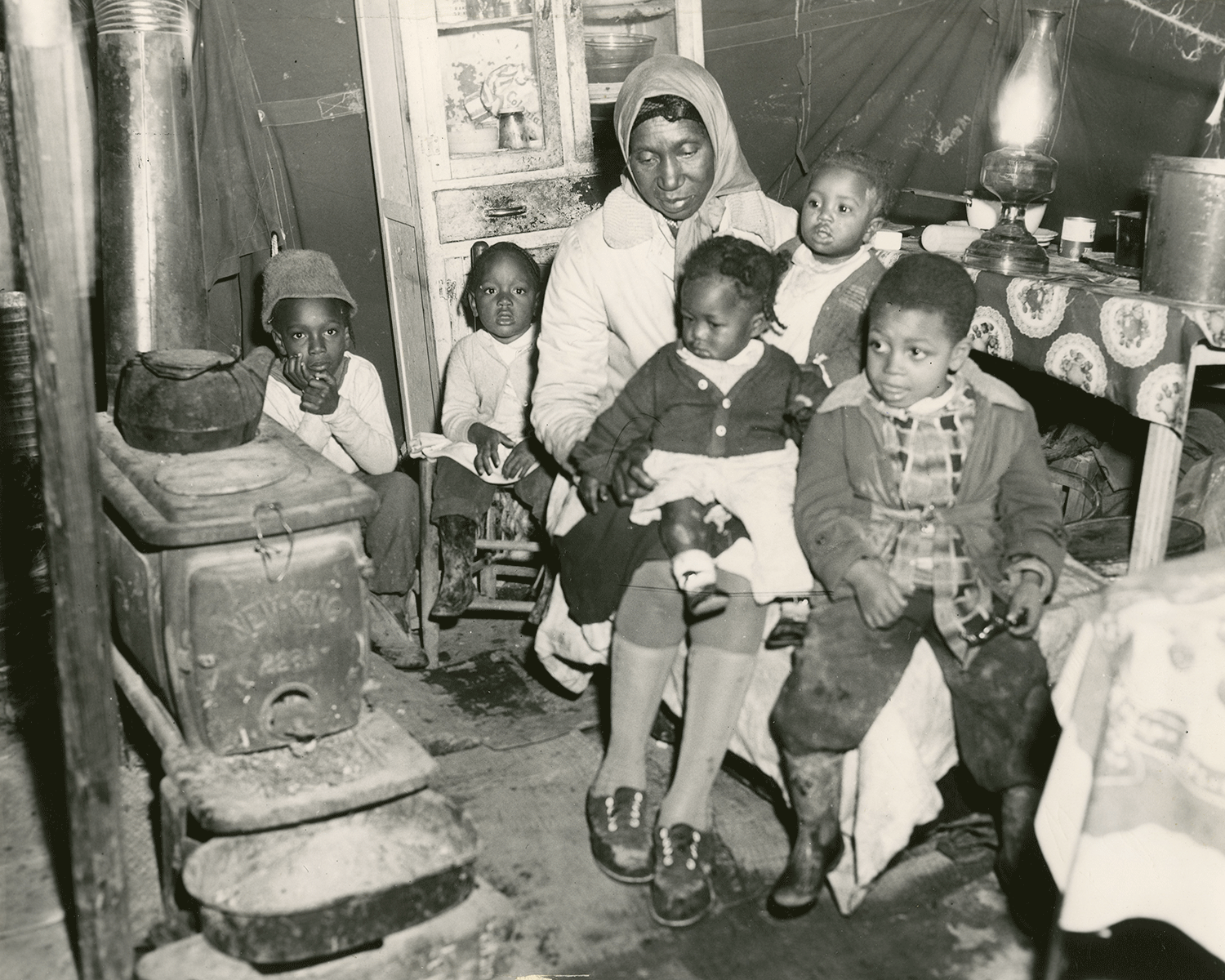 Archival Preservation
Archival Preservation
The University’s Special Collections houses photographs, documents and writings of civil rights activists.
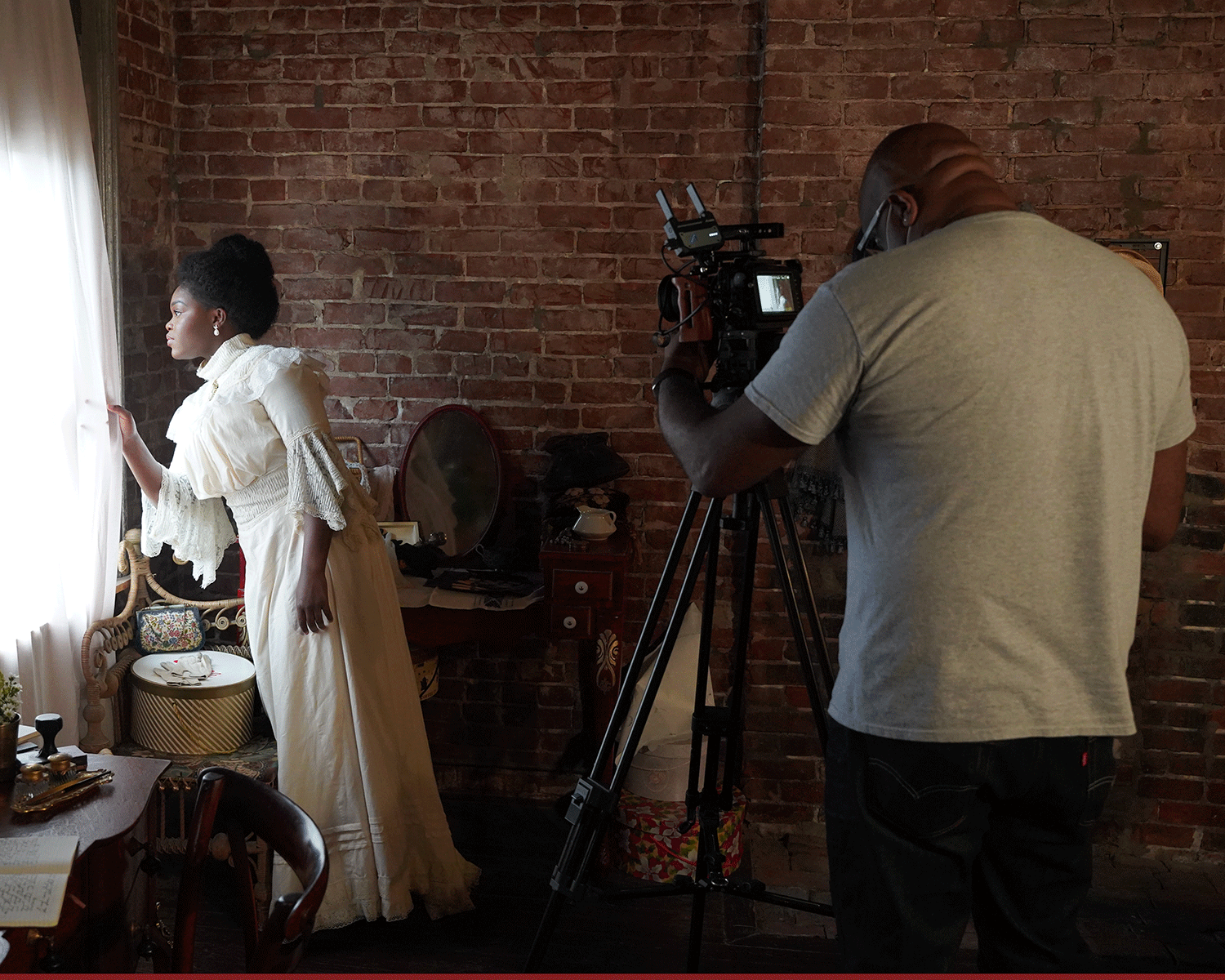 Documentary Films
Documentary Films
Documentaries and videos examine past and contemporary civil rights and social justice events.
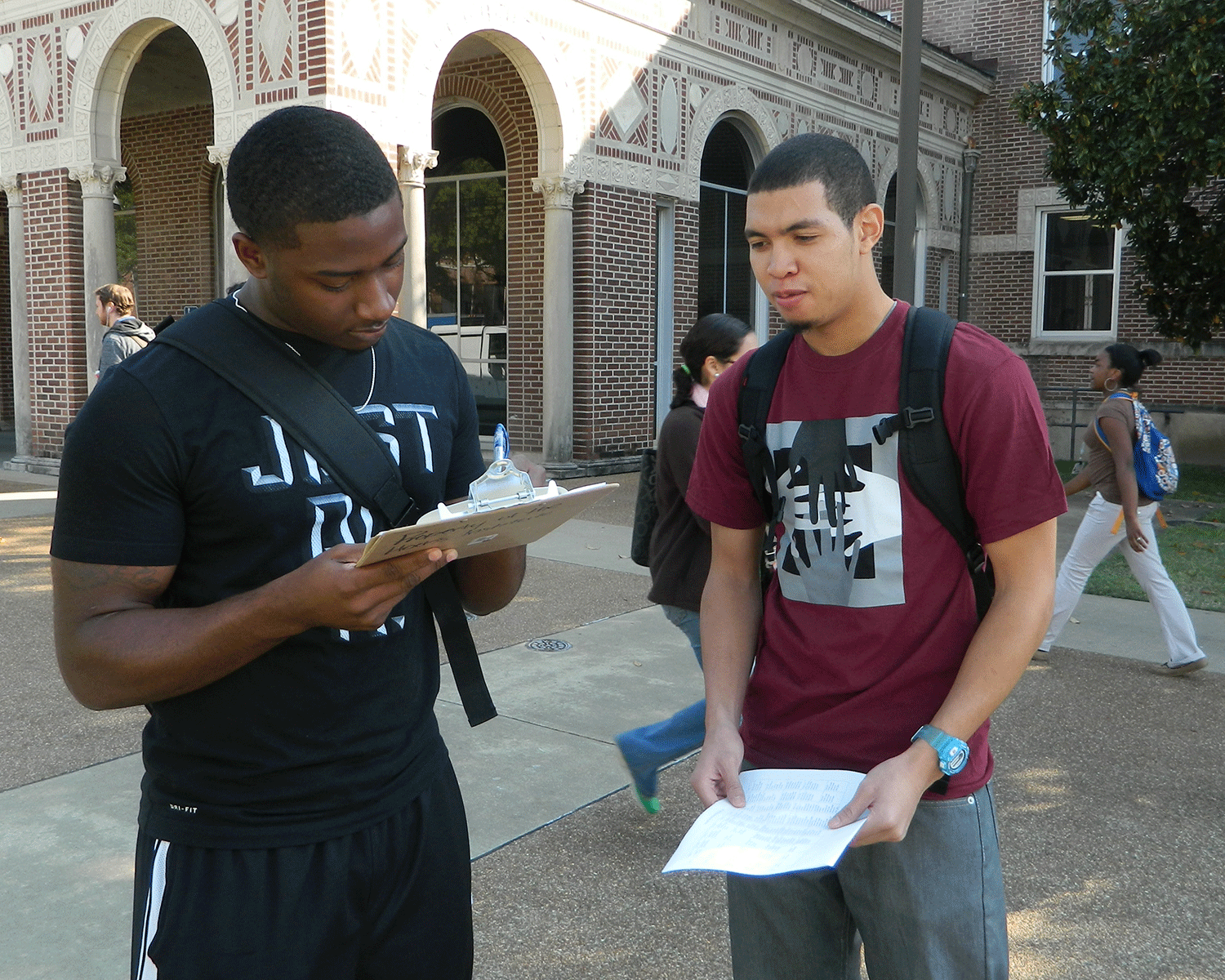 Hooks Policy Papers
Hooks Policy Papers
Annual publication that analyzes disparities and proposes policy solutions.
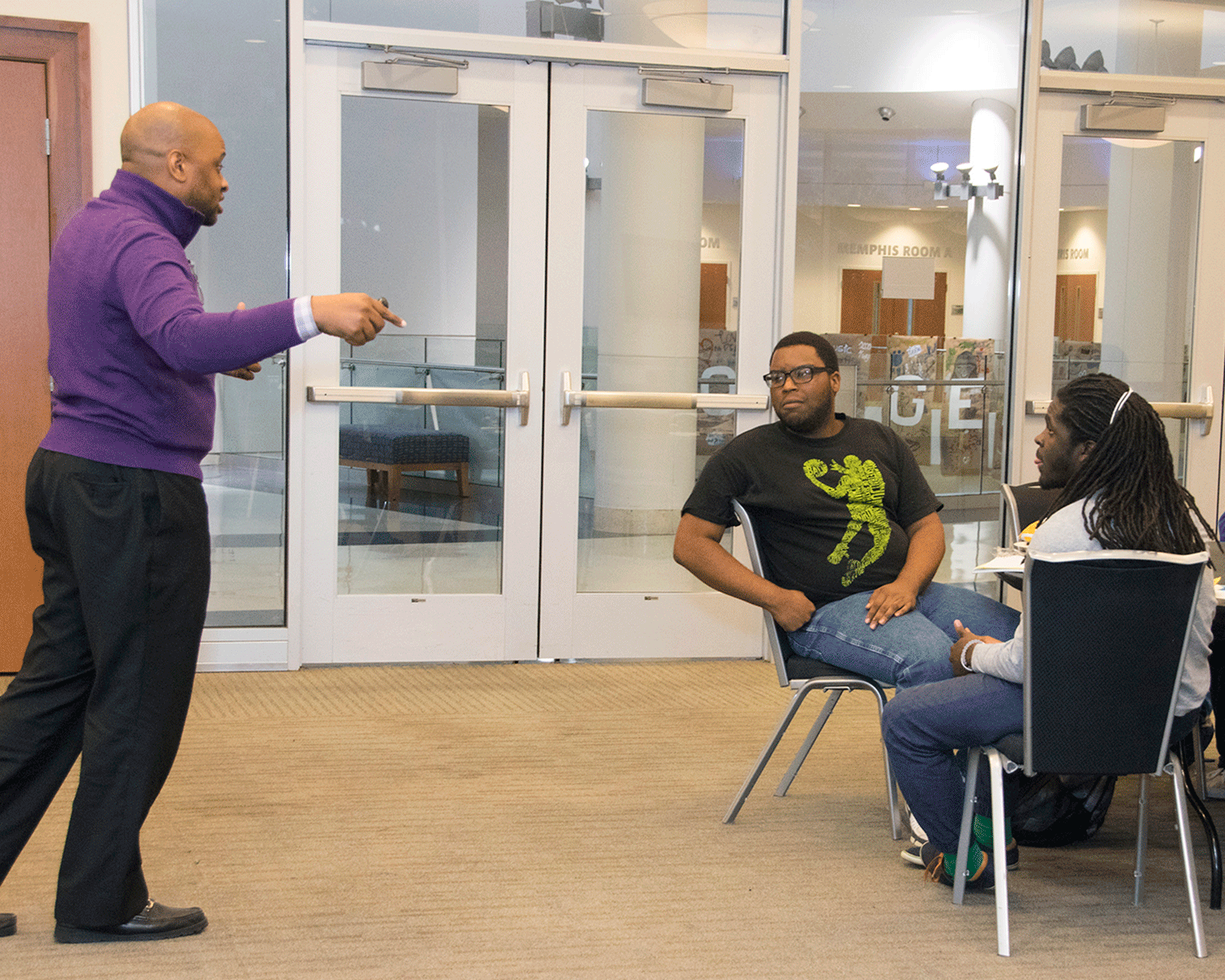 Faculty Research Grants
Faculty Research Grants
Seed grants are awarded to researchers to identify and study racial and other disparities.
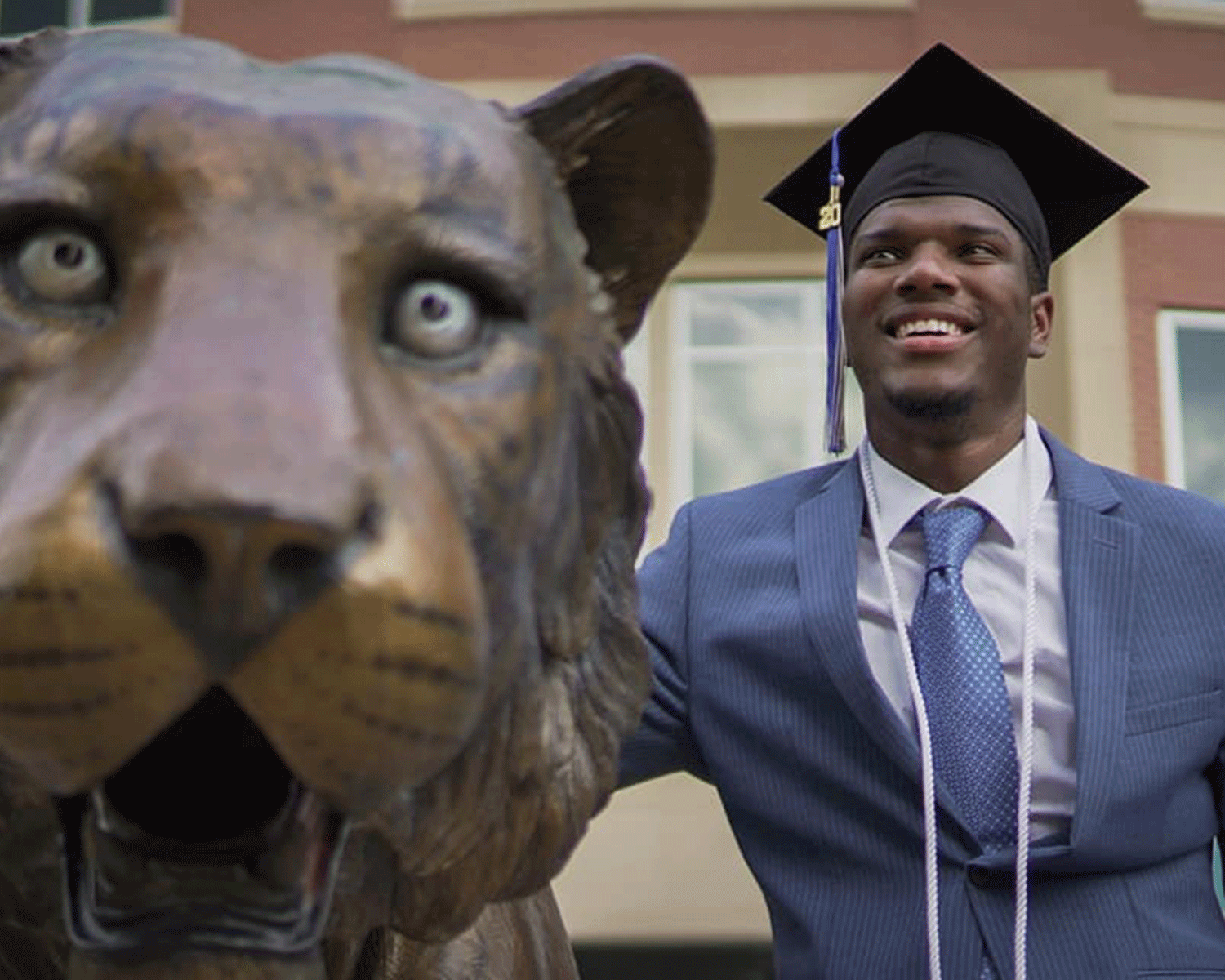 Hooks Academic Achievement and Mentoring Initiative (HAAMI)
Hooks Academic Achievement and Mentoring Initiative (HAAMI)
An intensive mentoring and coaching program to improve graduation rates and professional outcomes for University of Memphis undergraduate male students.
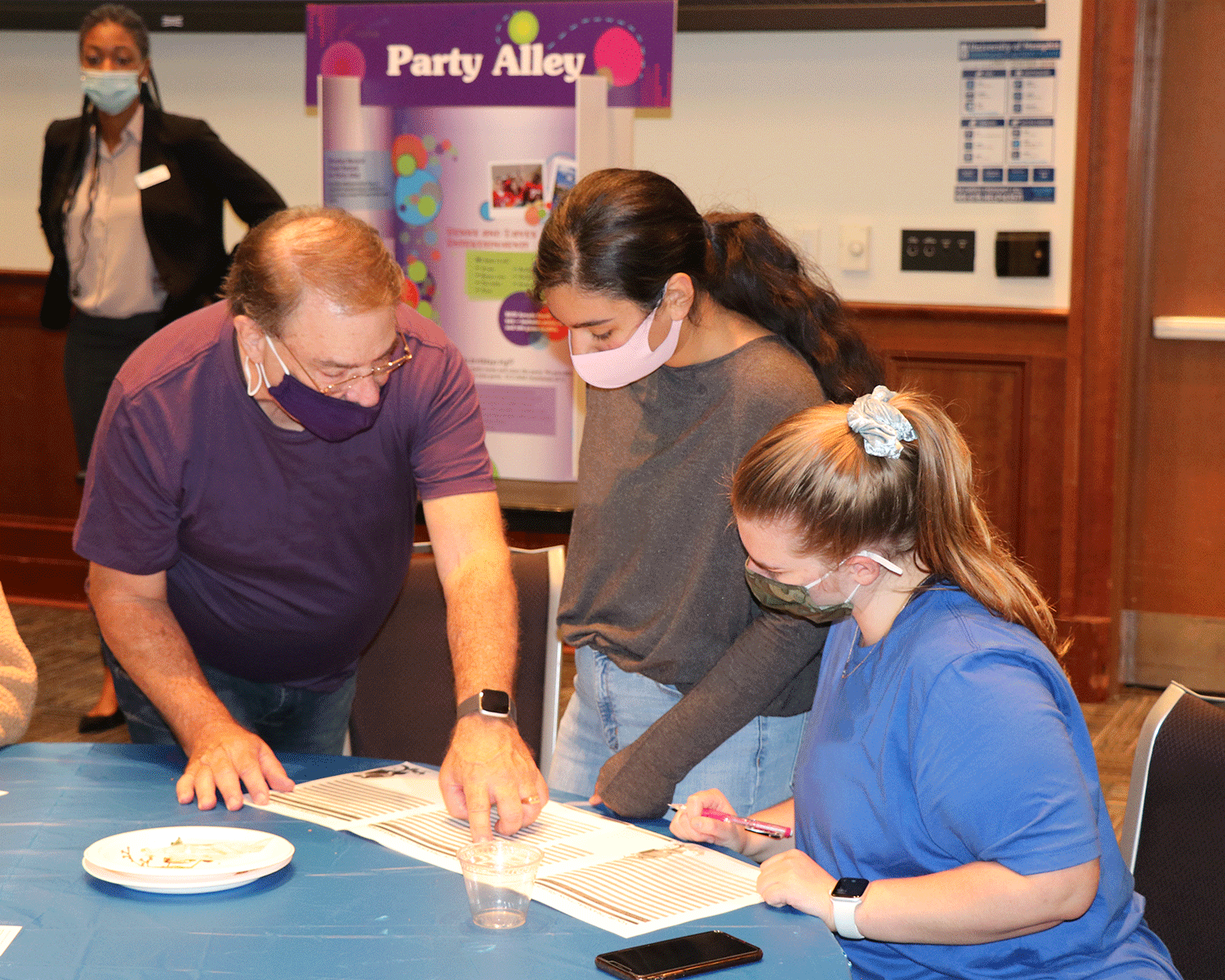 A Seat at the Table (ASATT)
A Seat at the Table (ASATT)
ASATT prepares women to lead in business, nonprofit and other sectors.
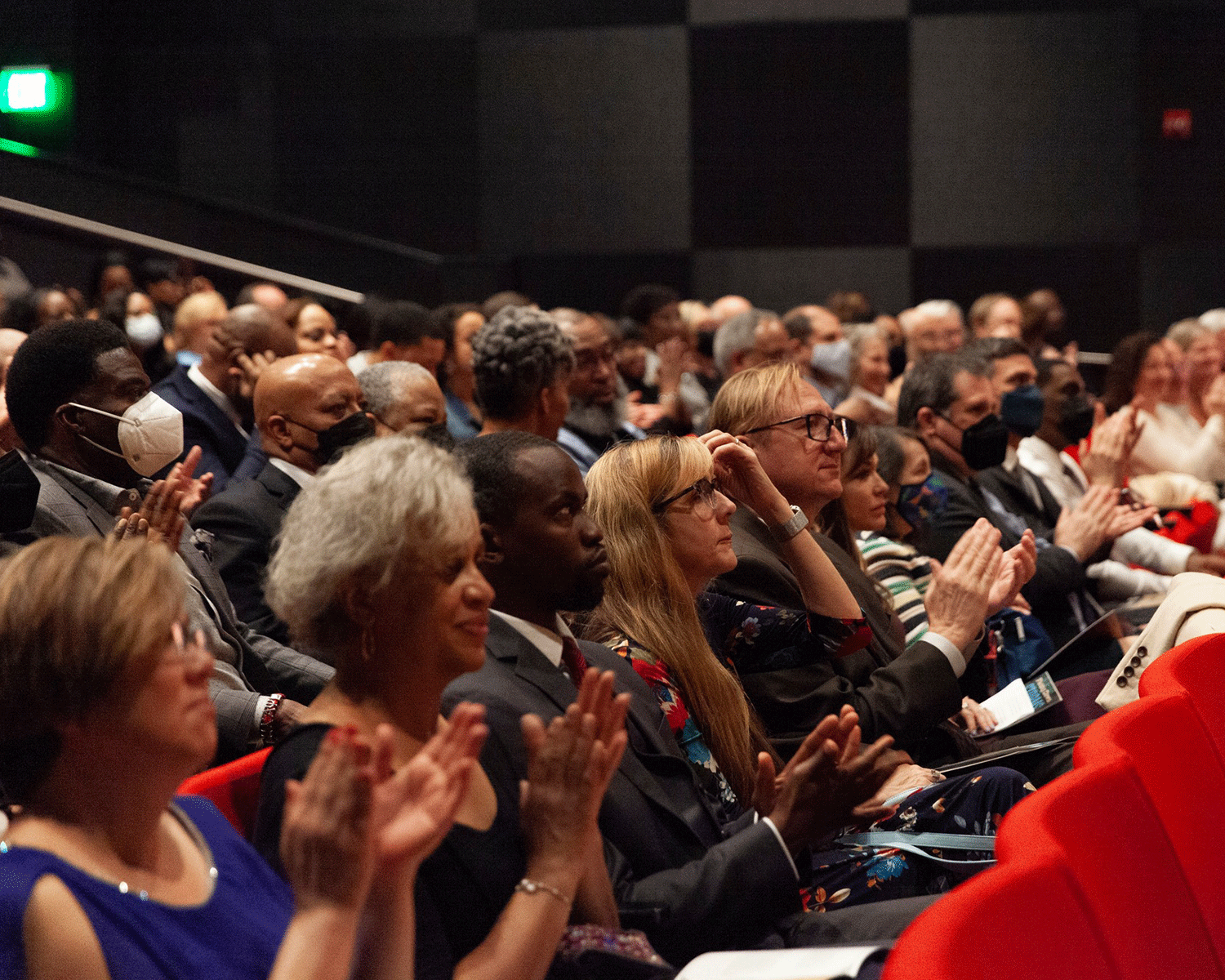 National Book Award
National Book Award
Awarded each calendar year to a book that best furthers our understanding of the civil rights movement.
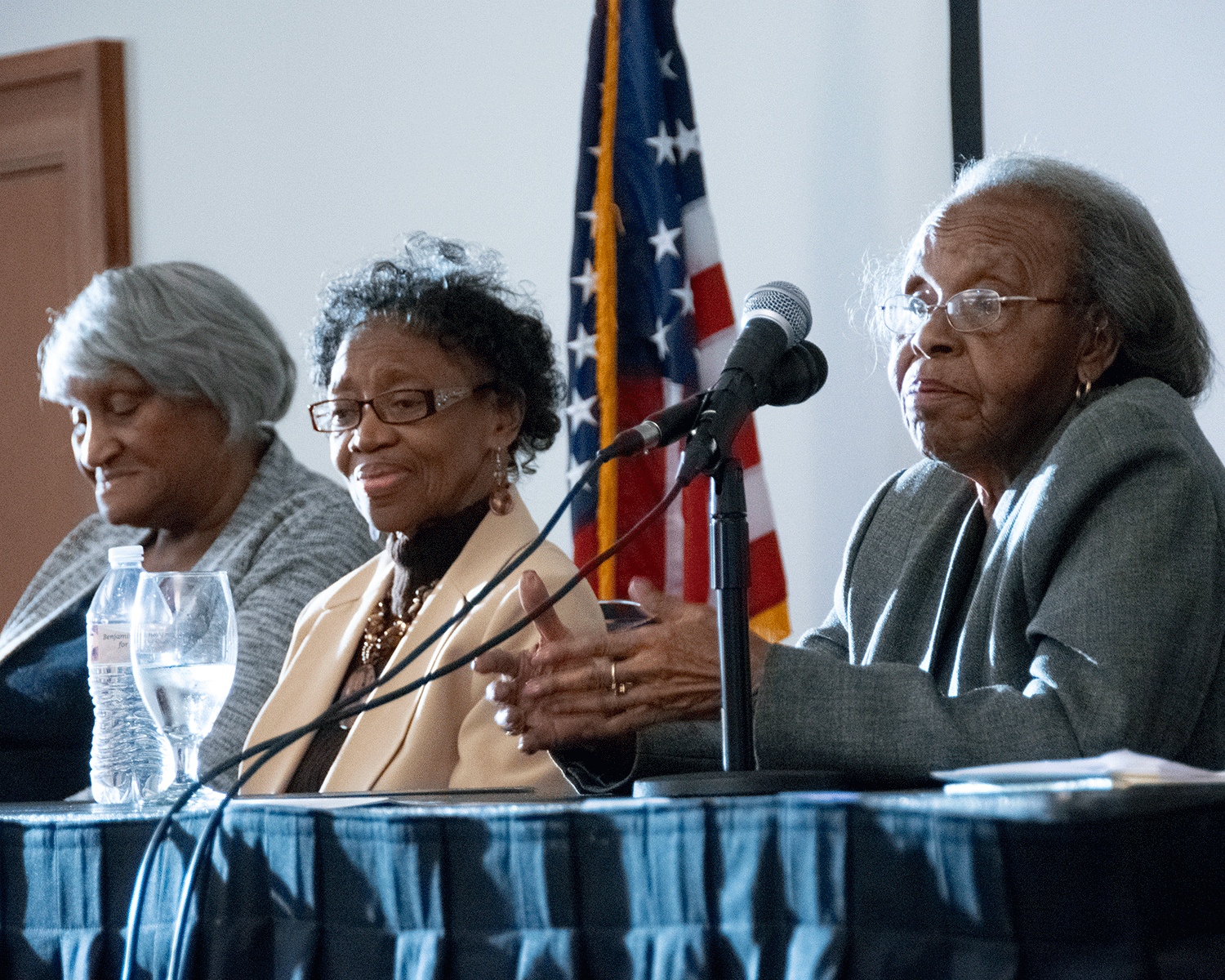 Community Outreach
Community Outreach
Public events featuring award-winning authors, activists and lectures.

 Support Our Work
Support Our Work